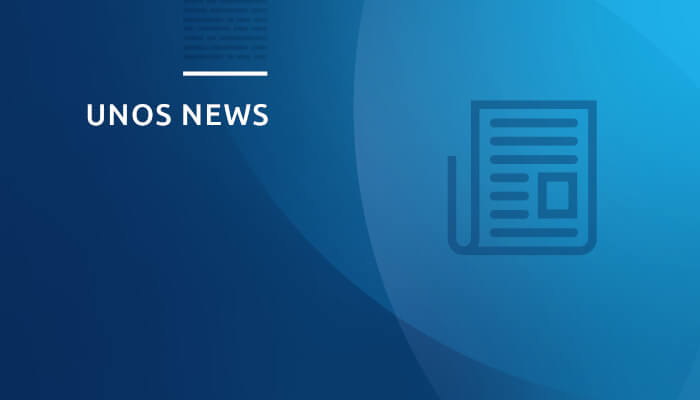From Sue Dunn, President, OPTN/UNOS Board of Directors
December 2018
By now you may have heard about the decisions and actions our Board of Directors took at its December meeting relating to liver distribution. I’d like to provide you a bit more context about the vote, and offer information about how the Board made this decision.
The Board weighed at length a number of options. We heard the recommendations of the Liver and Intestinal Organ Transplantation Committee and the primary themes of public comment. We considered a number of alternatives and amendments brought by our Board members representing their constituencies.
We heard and shared strongly held views while maintaining a civil tone and discourse. (Listen to a recording of the liver proposal discussion here.) Crucially, our patient and donor family members reminded us that these discussions do not just involve impersonal “supply” or “demand,” but that the people we serve both enable and are affected by our actions.
The Board voted to support an acuity circles approach, one of the two approaches considered by the Liver Committee, modeled by the SRTR and distributed for public comment this fall. (More detail about how the sequence operates can be found here.)
Some key arguments in support of its ultimate adoption included the fact that it retains more local priority for candidates at similar levels of medical urgency. It is also potentially more responsive to geographic differences in area or population, as some areas of the country may not have liver programs within 150 or 250 miles of the donor location. Issues of concern include the potential effect on flight travel of recovery teams and the associated increase in costs, as well as the potential for lengthier time to organ recovery in some instances.
It is fair to say that any fundamental change creates new challenges we must face. The Board discussion provided us with a good sense of what the donation and transplant community must monitor closely going forward and address on an ongoing basis.
We all depend on the gift of organ donation and the contributions of one another to save and enhance the lives of transplant candidates. I know that as a community we will continue to work together to address the new system so that we make the best use of the gifts entrusted to us and provide the greatest benefit to those who need our services.
As always, thank you for your interest and participation in our national system. We all benefit from full, civil and informed discussion of the challenges and opportunities our community needs to address.

